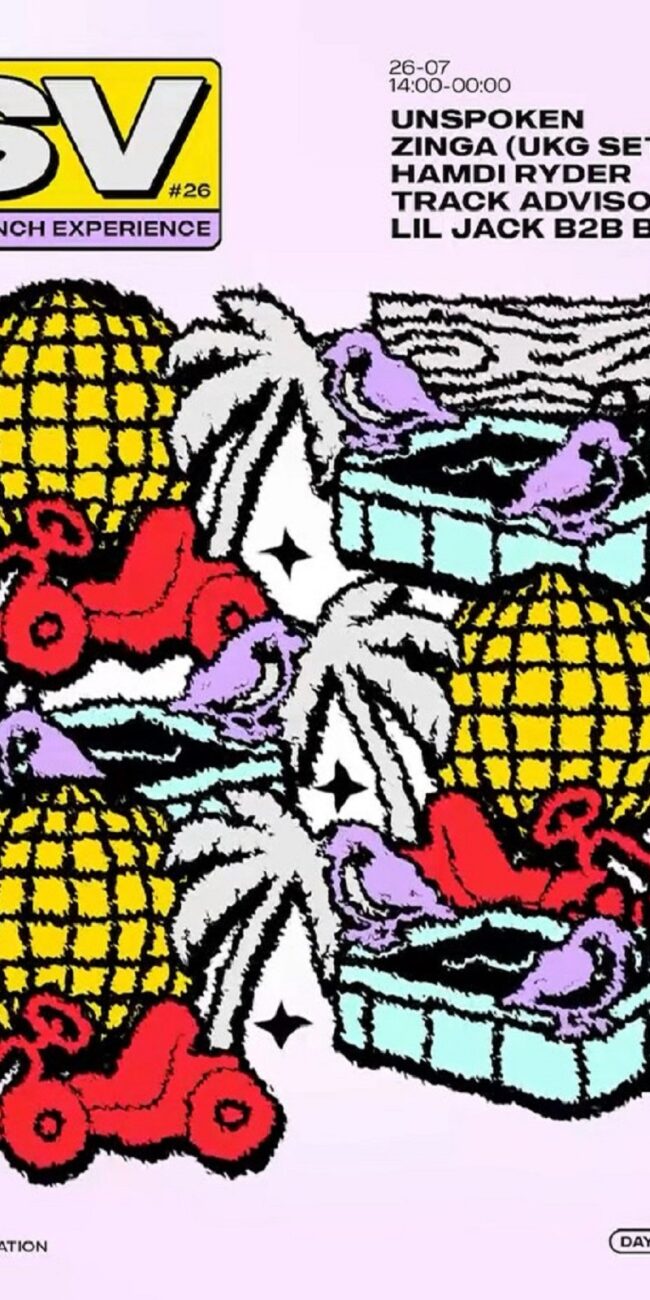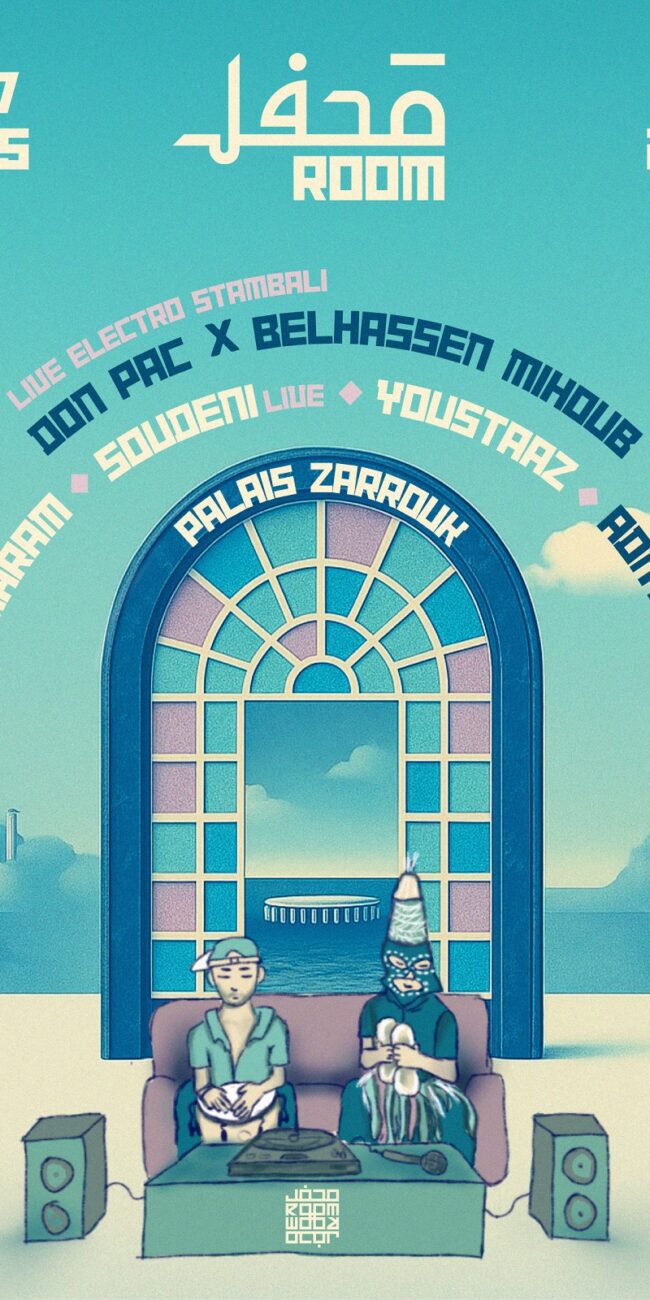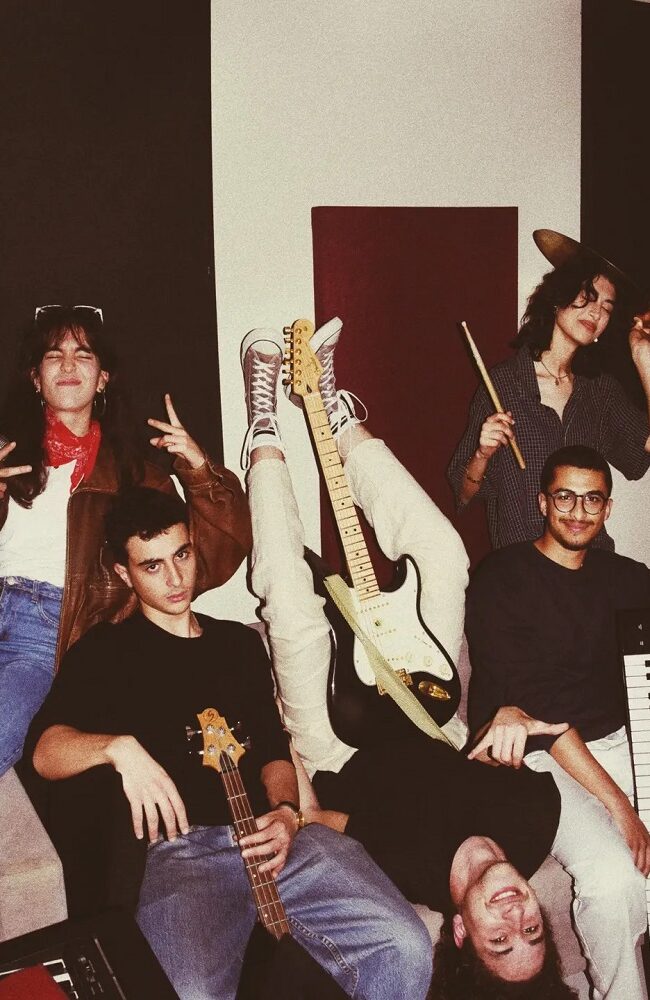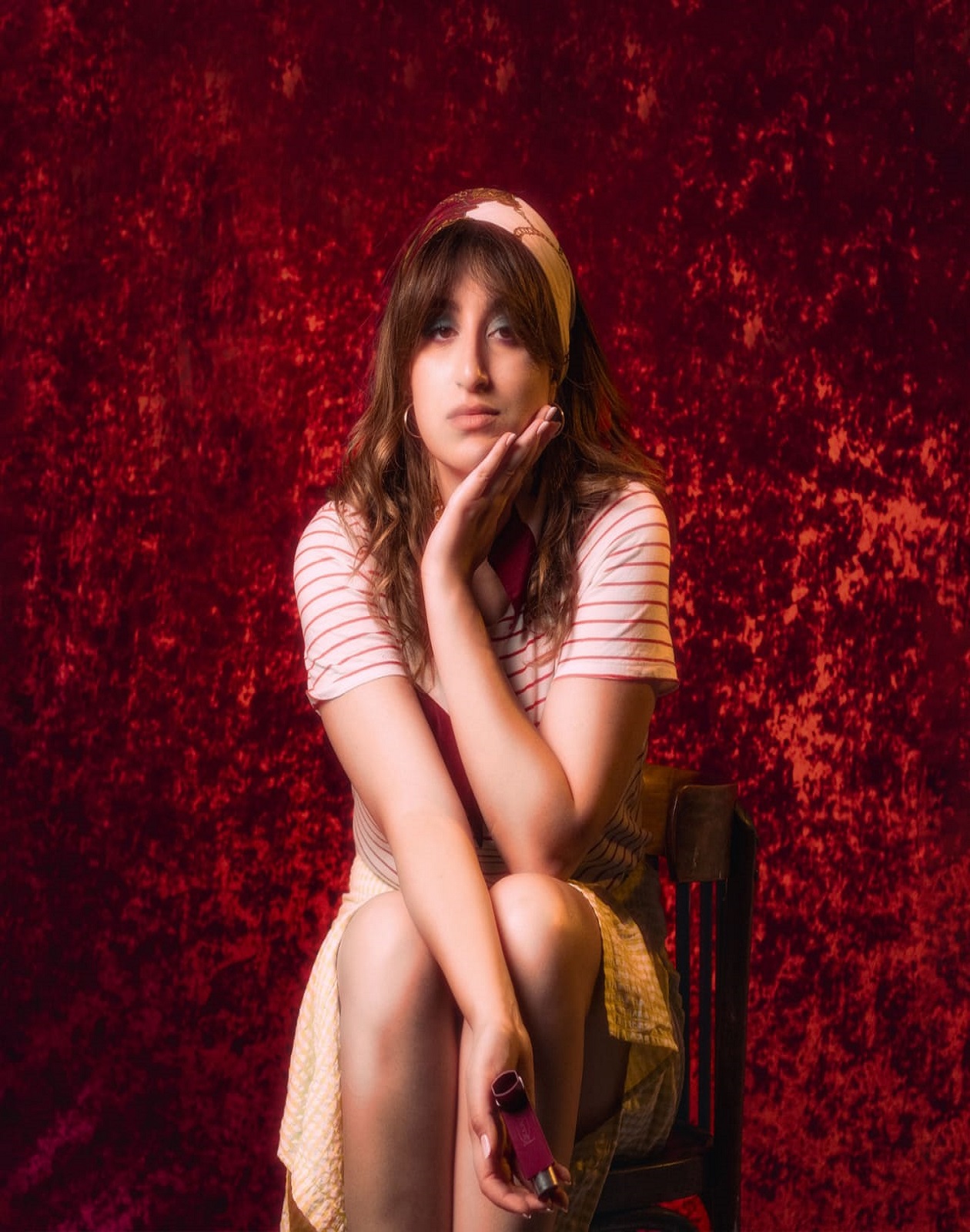
Asthma EP
It began in silence between the clicks of a controller, the hiss of cassette tapes. Souha Rejeb’s first encounters with music weren’t through instruments or lessons. They were ambient: echoes from her brother’s video games, the reverse-spin of a CD, the crackle of vinyl grooves she couldn’t yet decipher. Music was always near, soaking into her quietly. But it wasn’t hers. It was a distant beauty, something to admire, not to live.
That unspoken boundary dissolved years later, far from home. In a city where anonymity sharpened her sense of self, she bought her first electric guitar. It wasn’t a statement. It was a whisper of need. No mentors, no theory, just sound, raw and unresolved. What came next wasn’t magic. It was noise. But it was her noise.
And she didn’t keep it hidden. She shared her rough sketches, clumsy loops, and unfiltered progress on private social media, not as performances, but as fragments. And people listened. Not with judgment, but with recognition. There’s something magnetic about the honesty of a beginner. It reminded others that vulnerability isn’t weakness, it’s invitation.
From that seed of feedback, she grew. She picked up a bass. A looper. A modest sound card. And built a studio inside her solitude. Her bedroom wasn’t a stage, but a sanctuary, a lab where emotion translated into frequency, and hesitation was met with texture. Her music was never about being polished. It was about being true.
Souha’s journey into production truly began in the bedroom studio of Omar Ramsjamss, where something pivotal unfolded: her very first recording session. Omar called her in, opened the door to his process, and gave her space to experiment. That first session was more than collaboration, it was initiation.
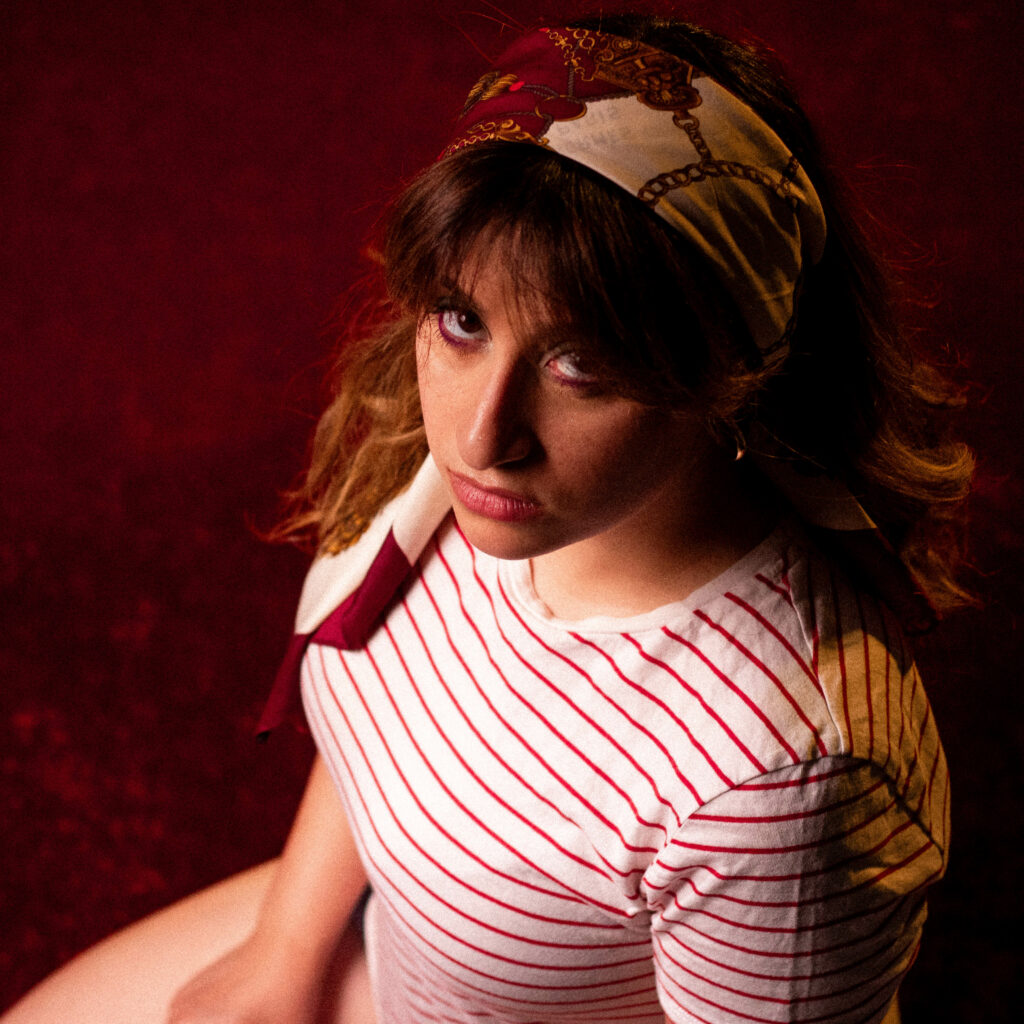
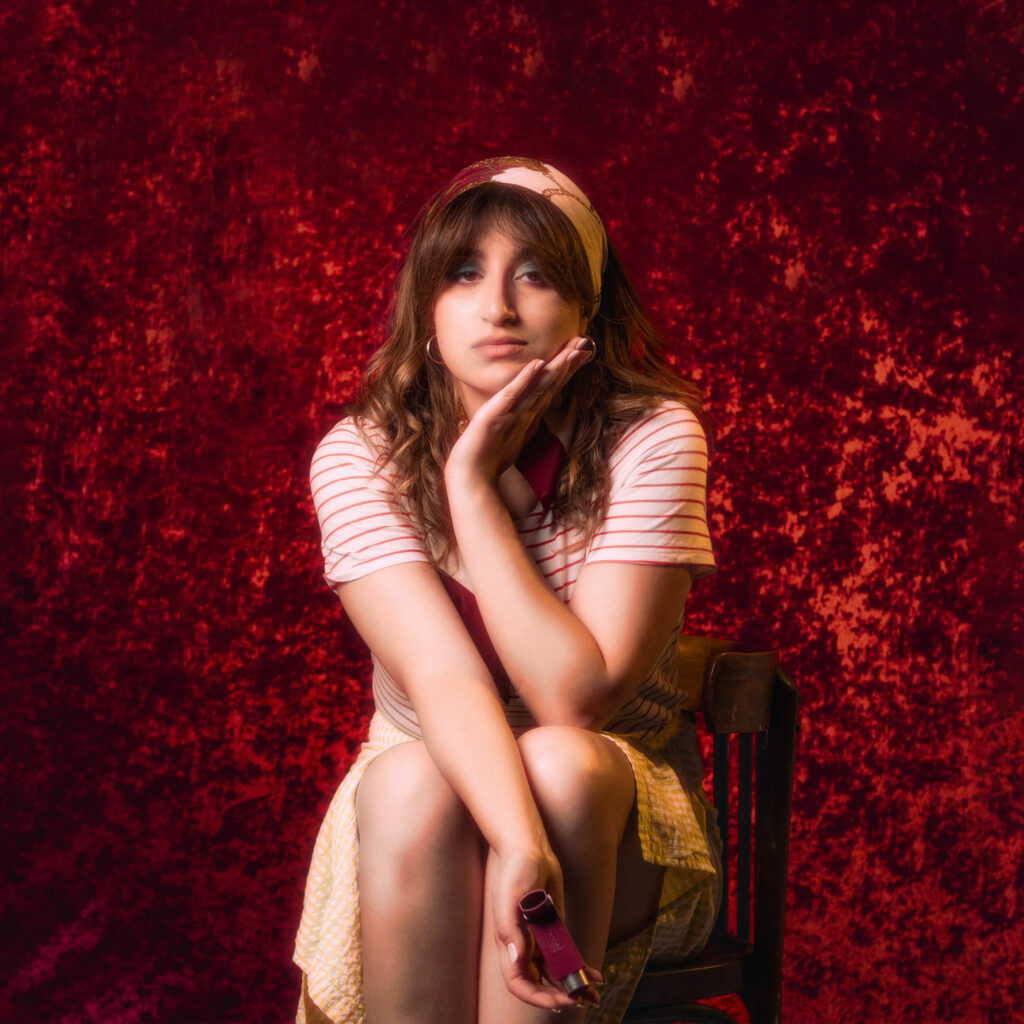
And she wasn’t alone. Around her, a constellation of kindred spirits began to form. Nadim Chihaoui, Iheb Limem, Iheb Zitouni, Karim Laabidi, and Amine Kaabi, fellow explorers of sound, became her chosen family. With them, music wasn’t just craft, it was communion. Ideas passed through long nights like shared breath, like incense. Together, they turned living rooms into rehearsals, and rehearsals into rituals. It was in one of those intimate corners, specifically the bedroom studio of Omar Ramsjamss, that something pivotal happened: her very first production. Omar called her in, opened the door to his process, and gave her space to experiment. That first session was more than collaboration, it was initiation.
In that collective pulse, Souha began sketching something larger. Her sonic notes sharpened. Her themes deepened. And then came Asthma.
The EP wasn’t merely a debut. It was a diagnosis. A release. A metaphor. Asthma wasn’t about music, it was about breathing again after years of holding it in. It carried the muffled cry of someone learning to exhale in public. Laced with R&B warmth, soul introspection, jazz softness, and hip-hop subtlety, the project echoes diaspora and intimacy. Every track sounded like an afterthought whispered aloud. Every loop was a step toward liberation.
Still, the path wasn’t smooth. Her first performance nearly didn’t happen, derailed by airport delays and self-doubt. But a last-minute pitch to B7L9’s Ma Moghreb showcase went through. And there, on a stage she never expected to stand on, Souha was met by something unexpected: a full room. She had told people not to come, fear whispered that she’d fail. But they came anyway. And they listened.
That moment cracked something open.
Later, at Root Roof, she performed again, but this time, it wasn’t a concert. It was something gentler. A shared space of trust. Live arrangements took shape with every hand in the room. This wasn’t just music. It was proof that art can grow where care exists. That community isn’t a backdrop, it’s part of the composition.
Souha often says she was never meant to be seen. But perhaps that’s what makes her visibility so radical. She doesn’t present herself as a polished product. She invites you into the process. She doesn’t promise perfection, she offers presence.
Her music isn’t loud. It doesn’t clamor for attention. It stays with you because it’s felt before it’s heard. Tracks like One Lucky Guy and Make It Right glide between lo-fi haze and emotional clarity. Her sound is nocturnal. It’s what silence sounds like after you’ve survived it. Her melodies walk slowly. They don’t chase you, they wait for you to catch up.
And so, Souha Ben Rejab now stands where most young artists aspire to reach, not on a pedestal, but in alignment. Between her past and what she’s still becoming. Between exile and belonging. Between breath and voice.






